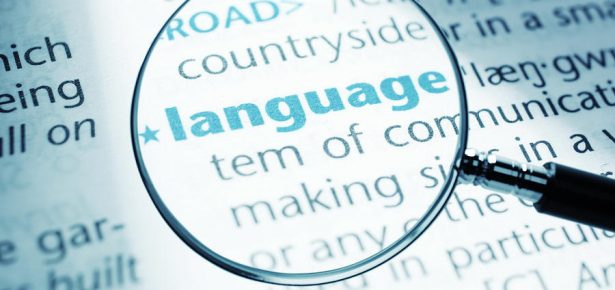
In pre-pandemic times scientists’ skilled migration and mobility were described as major drivers of international collaboration among peer scientists overseas. However, since the start of the Covid-19 pandemic, the inevitable deflation of migration and mobility has become a clear indicator of an upcoming process of de-globalisation or ‘slowbalisation’ (Irwin, 2020, online). But in a global public health emergency such as the one triggered by Covid-19 we have nonetheless witnessed an unprecedented thrust of international scientific cooperation, as shown in the huge number of research publications available on Covid-19 in international, high-impact factor journals published in Nature, PLoS or eLife, to mention a few. Further attesting to such international collaboration is also worth mentioning the timely compilation of the Coronavirus corpus, a collection of more than one billion words that grows “by 3-4 million words each day” according to the corpus website (see also Davies, 2011).

Indeed, a shared language withn the scientific community to fight Covid-19 has been crucial for strengthening international collaboration in science and, above all, to find solutions to address the global health threat raised by the pandemic. To date, English has played such lingua franca role if, following Seidlhofer (2011), we conceptualize English as a lingua franca (ELF hereafter) as a convenient common language for shared understanding and communication among people that have different linguacultural backgrounds and therefore different native languages. One could then argue that English certainly matters a lot today in a linguistically and culturally diverse world, especially at a time in which, as expert voices claim, Covid-19 is here to stay and we “must continue to rely on the guidance and advice of scientists” (Nature, 2022, online). If the Open Science principles of making research process more transparent, scientific data reusable and research results reproducible by other researchers are accomplished, we can assume that English will keep on playing a fundamental role as the world lingua franca of science in pandemic times.

The immediate reflection regarding this current global scenario concerns language diversity and language change. This scenario once again unveils the privileged position of English in the domain of scientific and research communication. Yet, the uncontested privileged status of English as a world language of science, metaphorically coined as ‘English as a Tyrannosaurus rex’ (Swales, 1997), becomes problematic today. In looking at the open access publications in Nature, PLoS or eLife Covid collections referred to above, it should not escape our notice that numerous ELF-authored journal articles and international co-authoring practices involving both native English speaking researchers and ELF researchers confirm that English effectively works as a shared language to fight Covid-19. It would therefore not be unfair to say that English is not just one, the language of the native English speakers, but many (my emphasis), the English spoken by the non-native English-speaking researchers in the world that contribute significantly to the advancement of science.
Perhaps inadvertently, applied linguistics research has not yet sufficiently focused its attention on scientific production and dissemination mediated by such “many Englishes varieties”. This gap remains to be filled by future applied linguistics research. To advocate language diversity we need to empirically describe the linguistic nature of the Englishes varieties used for global scientific communication and critically determine their true global impact.
References
Davies, M. (2021). The Coronavirus corpus design, construction, and use. International Journal of Corpus Linguistics, 26, 4, 583-598.
Irwin, D. (2020). The pandemic adds momentum to the deglobalisation trend. VOX CEPR Policy Portal. Retrieved from https://voxeu.org/article/pandemic-adds-momentum-deglobalisation-trend [Last accessed on 16 January 2022]
Nature editorial (2022). COVID is here to stay: countries must decide how to adapt. Nature, 601, 165.
Seidlhofer, B. (2021). Understanding English as a Lingua Franca. Oxford: Oxford University Press.
Swales, J. M. (1997). English as Tyrannosaurus rex. World Englishes 6, 3, 373-382.
Latest Comments
Have your say!